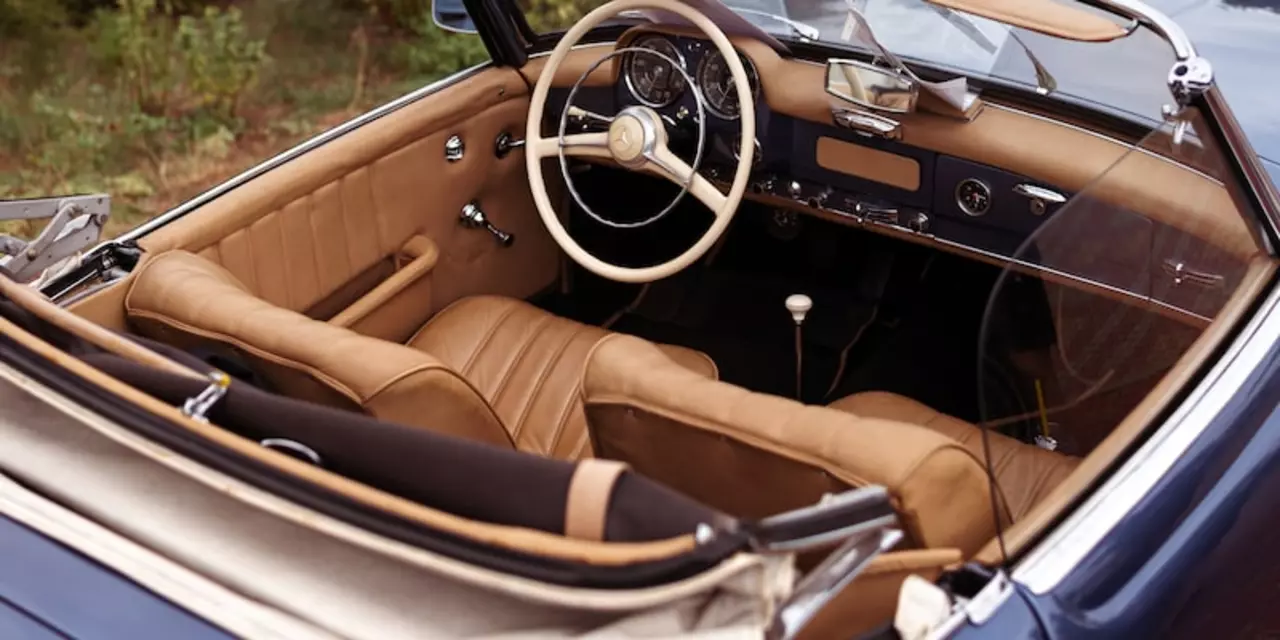German Cars: What Makes Them So Popular?
If you’ve ever watched a racing video or driven on a highway, you’ve probably noticed the sleek lines and smooth ride of a German car. Brands like BMW, Mercedes‑Benz, Audi and Volkswagen have built a reputation for blending performance, technology and comfort. But why do so many drivers gravitate toward these machines? Let’s break it down in plain English.
Why German Cars Stand Out
First off, German engineering focuses on precision. Every bolt, every curve is measured and tested, which means the car feels solid and responsive. You get a tight steering feel that makes cornering feel natural rather than a chore. Second, the tech inside these cars is often ahead of the competition. From adaptive cruise control to infotainment systems that actually work, German brands invest heavily in making daily driving easier.
Third, the interiors are built to last. High‑quality materials, ergonomic seats and thoughtful layouts give you a sense of luxury without shouting “show off.” Finally, the resale value tends to stay strong. A well‑maintained BMW or Audi can hold its price better than many other makes, so you’re not just buying a car—you’re making a smart investment.
Choosing the Right German Car for You
Not every German car fits every driver. If you love sportier rides, a BMW 3 Series or Audi A4 offers a balance of agility and comfort. For those who prioritize space and family‑friendliness, the Volkswagen Tiguan or Mercedes‑GLC give you room without sacrificing that German feel. Think about what matters most: fuel economy, tech features, or raw power.
Budget is another factor. While a brand‑new Mercedes can cost a fortune, buying a certified pre‑owned model can give you the same build quality at a lower price. Check the car’s service history, and make sure it’s had regular maintenance—German engines love routine care.
Don’t forget insurance and fuel costs. German cars often demand premium gasoline and can have higher insurance rates because of their performance credentials. Weigh these ongoing expenses against the joy you’ll get behind the wheel.
When you finally pick a model, take it for a test drive and pay attention to how the cabin feels, how the engine responds, and whether the tech feels intuitive. A good German car should make you feel confident, not overwhelmed.
In short, German cars are popular for good reasons: precise handling, advanced tech, lasting interiors and strong resale value. By figuring out what you need—whether it’s a sporty feel, family space, or a mix of both—you can find a German ride that fits your lifestyle and budget. Happy driving!
Why do movie villains always drive German cars?
- Thomas O'Reilly
- Mar 3 2023
- 0 Comments
This article examines the prevalence of German cars in the movies, and how they are often used to convey a sense of wealth, power, and menace. It looks at how villains in the movies are often seen driving German cars, such as Mercedes, Audi, and BMW. It also discusses how the German car industry has managed to successfully market their vehicles to Hollywood. Finally, the article concludes that villains and German cars have become synonymous in movies, as they are often used to create a sense of fear and danger.
View More